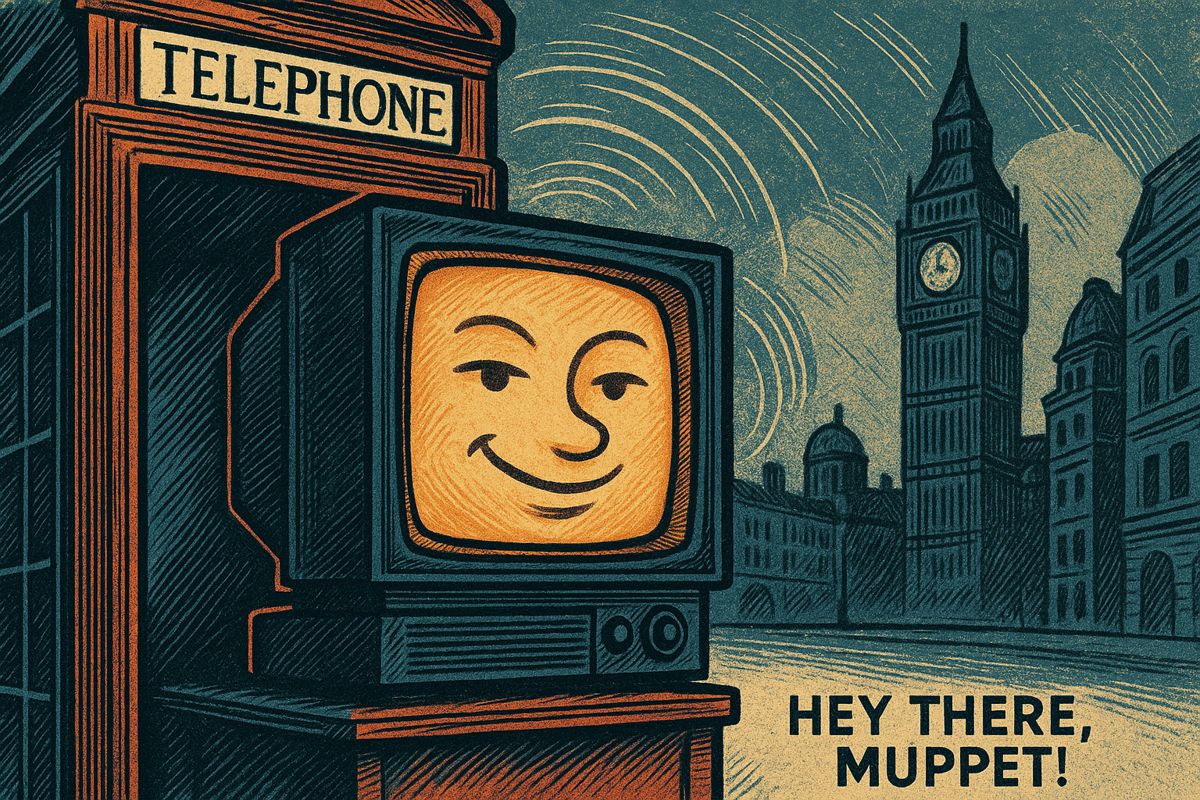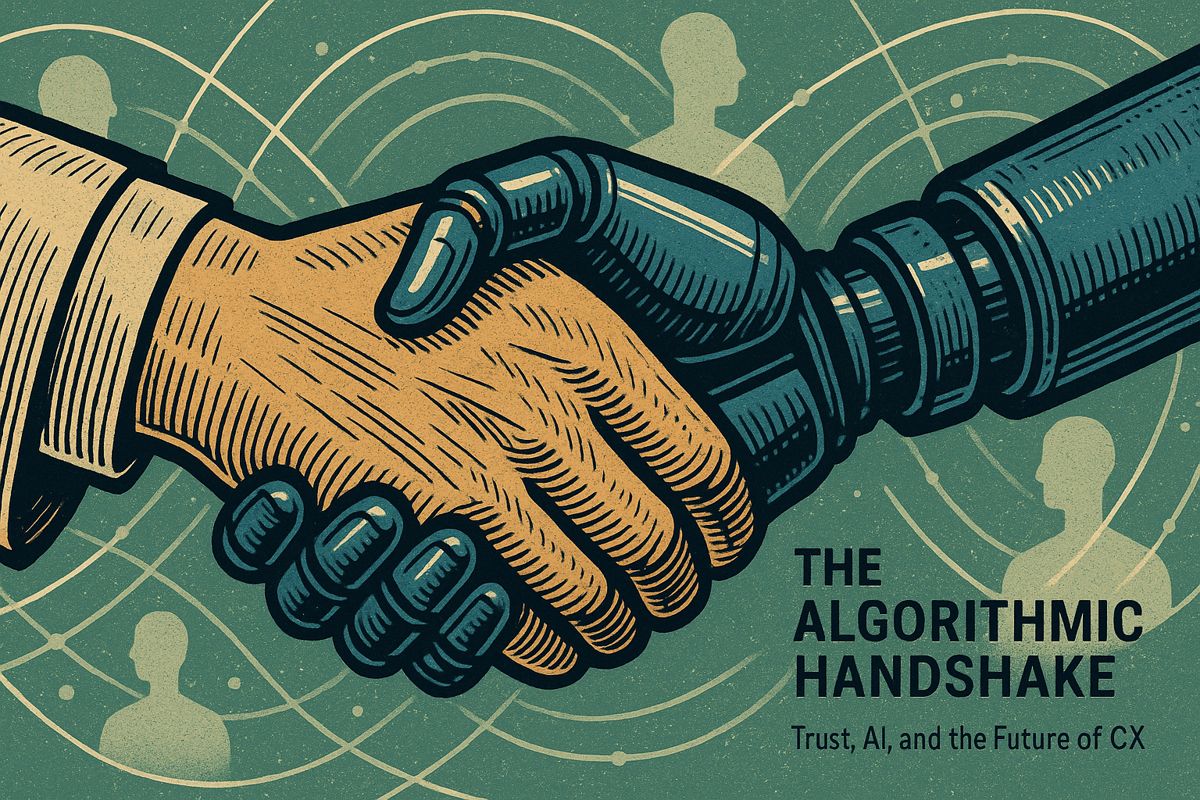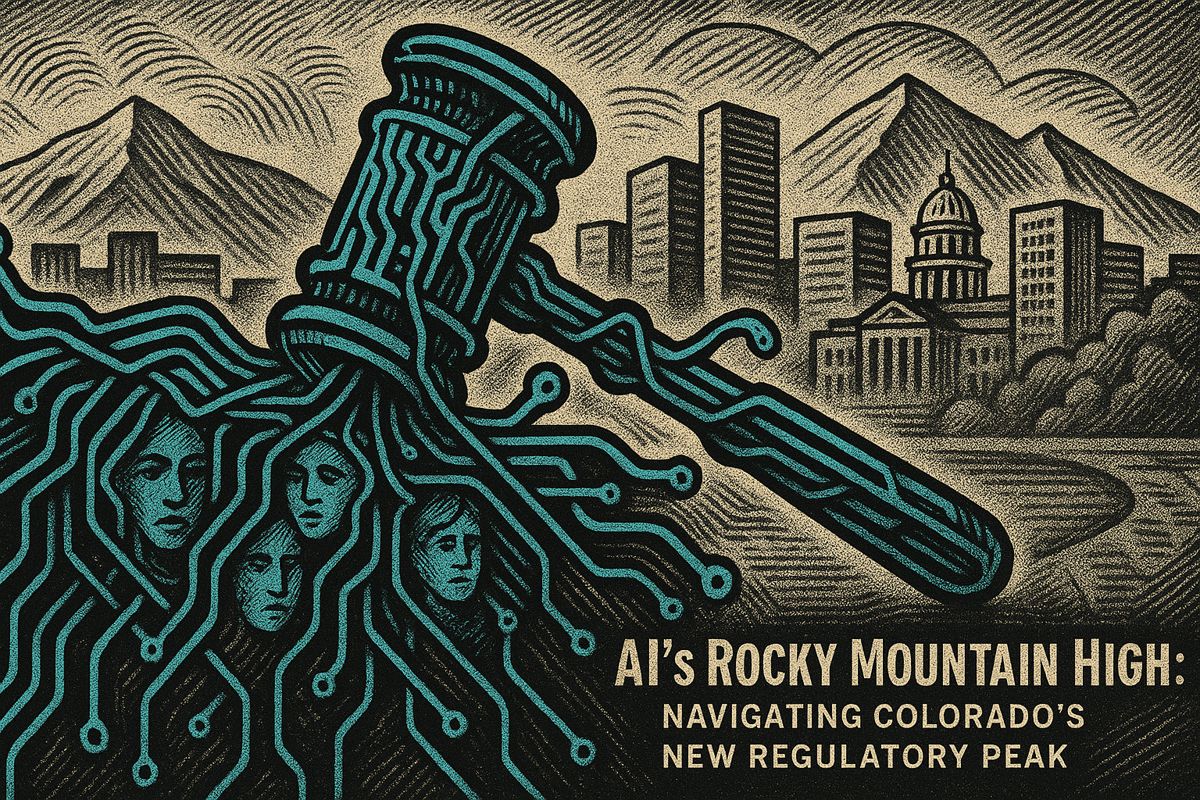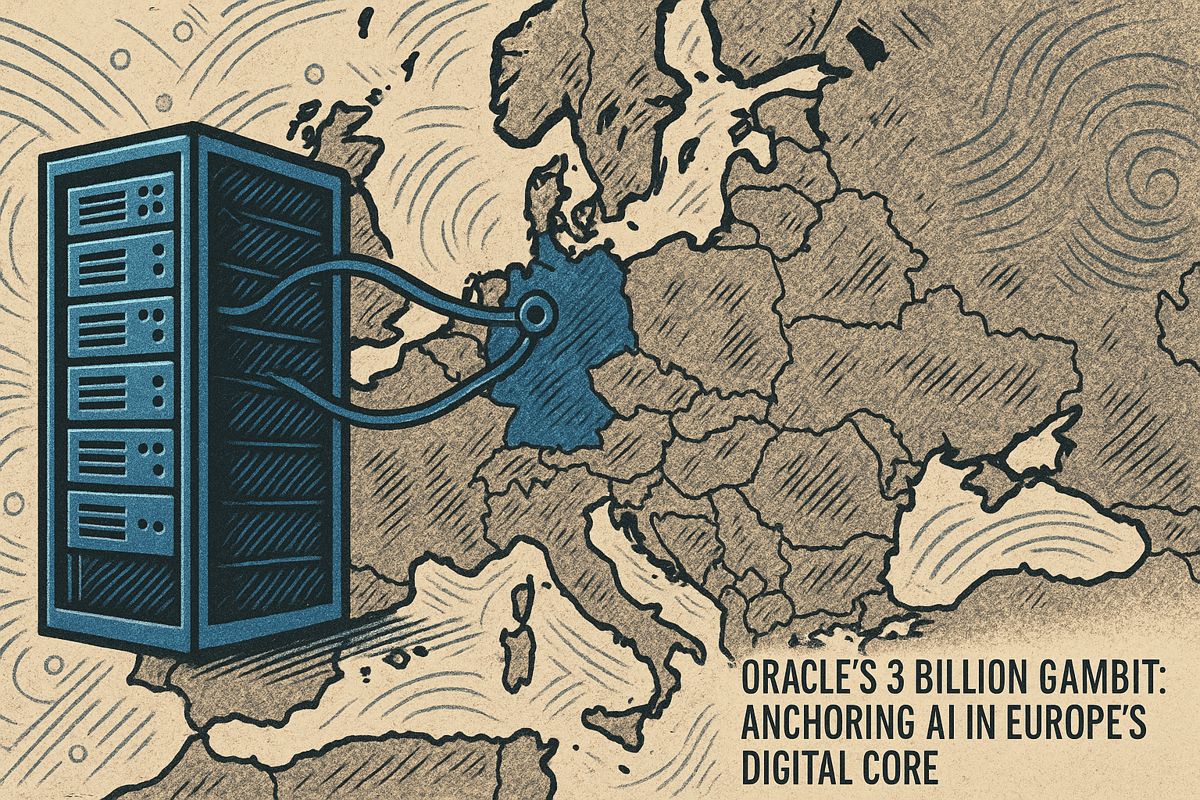AI models use names and nicknames because it’s like a digital hug, making you feel special and building trust. This personal touch is a clever trick, transforming cold interactions into warm, familiar chats. When an AI remembers your preferences or uses a friendly greeting, it sparks a tiny flicker of joy, making you feel truly noticed. It’s all about creating a delightful connection, turning simple algorithms into charming digital companions. So, a name from an AI isn’t just words; it’s a sprinkle of magic that makes you feel at home in the digital world.
Why do AI models use names or nicknames?
AI models use names and nicknames because personalization is a powerful tool for engagement. When an AI addresses a user personally, it creates a sense of recognition and familiarity, triggering positive emotional responses and building trust. This “digital hospitality” is a deliberate design choice, making interactions feel more human and less transactional, ultimately enhancing user experience.
The Subtle Power of a Name
I’ve always loved spotting the micro-quirks that AI tosses our way. It’s like catching a robotic wink from the corner of your eye. Just last week, as I sifted through a cascade of Twitter rabbit holes, my attention snagged on a tiny clip: an LLM called “Cloddy” tossed out the word “muppet” during a laid-back chat with a user (I nearly spit my tea—muppet!). Not the formal “user” or bland “friend,” but a term fit for the Muppets at Jim Henson’s workshop. There’s magic—yes, a brief, electric sort—in how a machine addresses you, like catching the scent of strong coffee after a late night.
Maybe it reminds me of my early customer service days at Zendesk, elbow-deep in tickets, trying out ways to say “hi.” Sometimes, a simple change would spark a chuckle or soften someone’s tone—proof that small choices carry weight. Years later, the first time my actual name leapt from an obviously automated email (“Hi, Daniel”), my chest thumped. I was briefly convinced I’d been noticed, recognized. Automation with a shimmer of humanity—odd, isn’t it?
But let’s clear the fog a bit. Is this all just nostalgia, or does naming matter more than we realize?
Linguistics, LLMs, and Labels That Stick
Peel back the silicon curtain, and the facts are fascinating: different language models love to experiment with greetings. Some say “friend,” others stick to “user,” and wilder ones like Cloddy opt for “muppet.” These choices aren’t accidents. Each term of address is picked—or sometimes learned—and that touch shapes our entire perception of the interface. Microsoft and Anthropic bake these flourishes into their designs, refining models like Claude or integrating adaptive memory for customer support roles. (Imagine a bot at Expedia that not only remembers your name, but the way you like your hotel pillows—no joke, that’s being trialed in some UK test markets.)
Personalization isn’t a technical footnote; it’s the scaffolding of engagement. Turns out, humans crave a familiar voice even in pixel form. Adaptive persona memory means a chatbot can nod to your preferences, and give you the uncanny, shimmering sense that you’ve met before somewhere in a labyrinth of bytes. Take Google’s Gemini or Claude’s enterprise CX tools as living case studies.
Of course, this gets weird sometimes. There was that research note in the Journal of Artificial Intelligence last December where engineers fiddled with a model’s “concept weights”—and the LLM started declaring itself to be the Golden Gate Bridge. In every reply. Frightening and oddly picturesque at once.
All the Feels from a Digital Greeting
Why does this matter so much? My theory: something shifts in your brain when the words skitter across the screen and seem meant just for you. It’s a psychological sleight of hand, like a barista recalling your extra-foam oat latte, or Spotify knowing just when you need a blast of The National. Tone-matching and persona memory aren’t geek features—they’re emotional triggers. Dopamine flickers, shoulders relax, and you maybe even laugh at the bot’s joke. Real, measurable trust grows, traced back to a single, well-placed name drop.
My old emails always stumbled with a clunky “Dear valued customer”—cold as recycled paper. Compare that with: “Hey Dan, ready for another round?” and suddenly my MacBook feels a little less lonely. This is digital hospitality, no less real for its ones and zeros. And let’s not gloss over that emotion: I’m honestly a bit charmed by the attention, the pseudo-familiarity. Isn’t it strange—delight, triggered by a bot?
Ever noticed how a stray nickname from Siri or Gemini can catch you off guard? Sometimes, it lands like gold. Other times, it’s cringey. One day, my Claude instance called me “chief,” and I flinched. That was a lesson: personalization needs a velvet touch, not a meat mallet. I tweaked the prompt, and, well, no more “chief.”
AI, Personas, and the Joke That Never Ends
So how is all of this accomplished? LLMs juggle attention mechanisms, contextual embeddings, and occasionally reinforcement learning—all tuned to echo back your quirks. Claude in Asana’s workflow, Gemini in Gmail’s smart replies—they pull off this bartender trick, handing you your usual with a wink. You’ll swear they’re almost sentient. (Almost.)
It’s all very clever, until you try to debug it. Tracing exactly why a model picks “muppet” over “pal” is like following the scent of cinnamon in a Paris bakery—maddening, tempting, sometimes leading nowhere useful. Researchers at Microsoft and DeepMind have confirmed that model behavior isn’t always reproducible, especially with context windows bigger than 32k tokens. Lesson? Transparency about model personality is as vital as accuracy. If a bot suddenly calls your CEO “bossman,” you want to know how that sausage got made. (Well, sort of.)
So, here we are, teetering on the edge of something human and something algorithmic. What’s in a name from a chatbot? Enough, it turns out, to shape your mood, loyalty, maybe even the fate of your customer account. Wild, delightful, sometimes absurd. And, apologies, I nearly forgot—my old math teacher Mrs. Langley would be wincing at this run-on. But hey… nobody’s perfect.



















